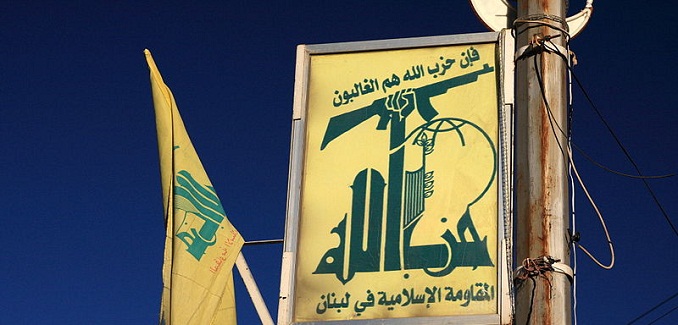Hezbollah maintains an extensive terror network in the United States. It has sought to facilitate [PDF] attacks on U.S. airports. Its agents have targetted American embassies in Asia. A recent article by Matthew Levitt described how “the Hezbollah-Qods Force threat has sometimes eclipsed that of al-Qaeda.”
In the context of the Syrian crisis, should the West target the Bashar al-Assad regime over its use of nuclear weapons, Damascus will ask Hezbollah to do even more. Much more:
A senior Syrian official on Monday said that both the Syrian army and its ally Hezbollah, the Lebanese Shiite group, would strike back in the event of a U.S.-led offensive by first hitting American warships now in the Mediterranean Sea. Referring to Hezbollah as the resistance, Khaled Abboud, a parliament member and confidant of President Bashar al-Assad, told The Wall Street Journal: “The resistance and the armed forces are now one body. In my assessment, Hezbollah will side with Syria in certain operations targeting warships in the Mediterranean.”
Meanwhile Hezbollah is mobilizing troops in southern Lebanon. The group is redeploying fighters from the group’s coastal and Bekaa valley strongholds into what the Hezbollah-linked Arabic daily Al-Akhbar describes as “their positions.” It has also established a joint “operations room” with the Bashar al-Assad regime in order to coordinate funding.
Western analysts worry that these moves are more than merely tactical:
Hezbollah appears to be preparing for something big: http://t.co/0OJ6hm2ZyH
— Jeffrey Goldberg (@JeffreyGoldberg) September 3, 2013
[Photo: Yeowatzup / Wiki Commons]




